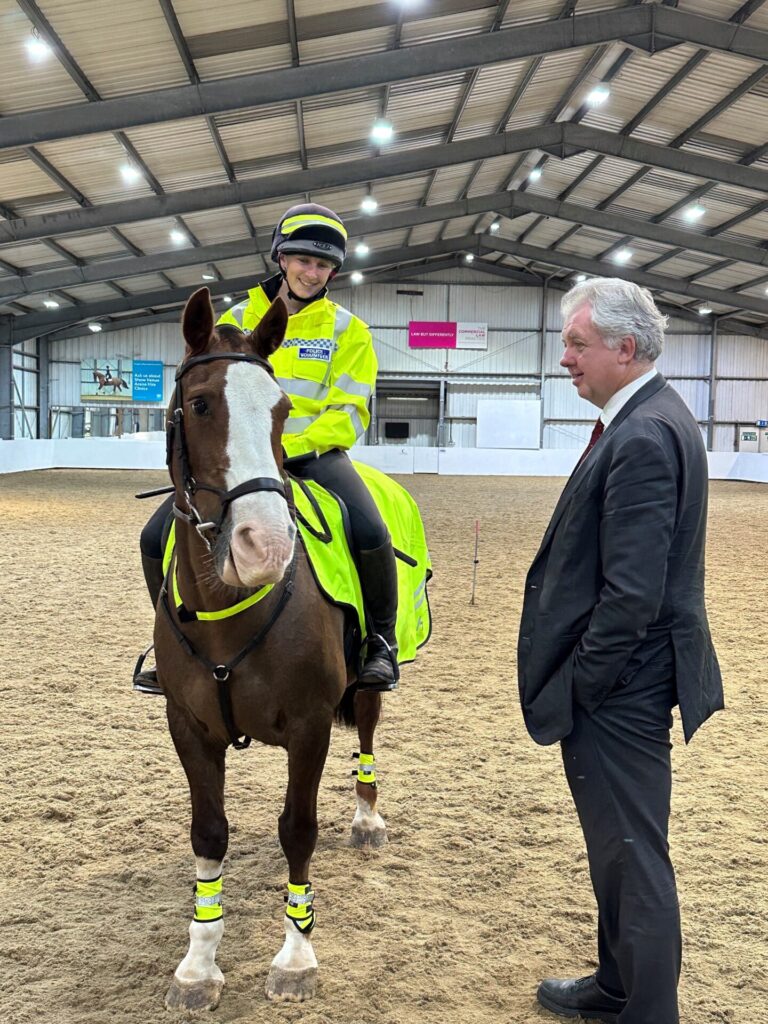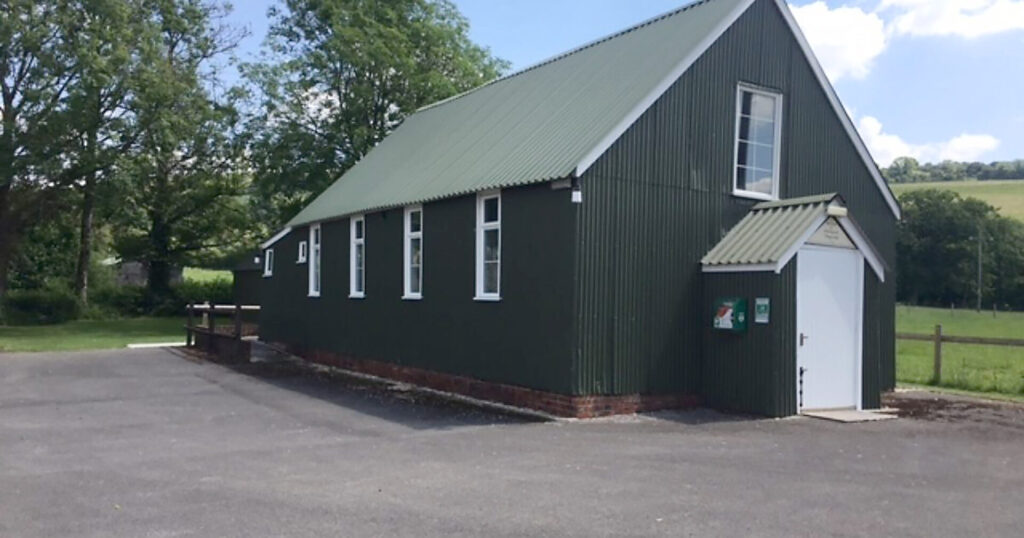(Permanent, full – time, £22756.50 – £25,038 per annum)
Based Shaftesbury Dorset
Company Description
BCHA is a forward thinking, dynamic and vibrant place to work. We employ great people who are committed to our values and want to achieve the best outcomes for those most in need of our services to ‘find a way forward’.
We look for enthusiastic, passionate, caring people who thrive on delivering effective services and going the extra mile. In exchange for your commitment, we will make sure you get the rewards, training and benefits you deserve. Our aim is to create a professional environment in which you can thrive: we want you to be able to be your best self in the workplace.
Position
Are you passionate about promoting mental health and well-being? Do you have the expertise to create programs and initiatives that support mental health? If so, we want you on our team! As a Mental Health Support Specialist, you will play a pivotal role in shaping our culture and ensuring our access have access to the support they need.
Key Responsibilities:
- Innovative Program Development: Develop and implement innovative mental health support programs and initiatives tailored to our customers’ needs.
- Confidential Support: Offer confidential, one-on-one support and guidance to customers facing mental health challenges, ensuring their well-being.
- Assessment and Personalized Plans: Conduct mental health assessments for customers and create personalized support plans, connecting them with relevant mental health resources.
- Training and Workshops: Organize and lead mental health awareness sessions and workshops to provide valuable information and reduce stigma.
- Collaboration: Collaborate with internal teams to ensure a customer-centric approach to mental health support.
- Documentation: Maintain accurate records and documentation related to customer mental health support.
- Resource Hub: Act as the primary resource for customers seeking mental health assistance and resources, offering guidance and referrals.
- Continuous Improvement: Evaluate the effectiveness of mental health support programs and make data-driven improvements.
- Committee Participation: Participate in relevant well-being committees and initiatives.
- Compliance: Ensure compliance with company policies and legal requirements regarding mental health support for customers.
Requirements
- Strong understanding of mental health assessment and intervention techniques.
- Excellent communication and interpersonal skills.
- Empathy, compassion, and a commitment to customer confidentiality.
Apply today for immediate interview – https://bit.ly/BCHASupportBV
BCHA Safer Recruitment: Safeguarding children and adults is our first priority and we will ensure we follow safer recruitment procedures.As an employer, we will do everything possible to prevent unsuitable people obtaining employment with BCHA. Our overall aim is to ‘deter unsuitable applicants from applying for roles with children and adults, and we will ensure that all candidates are treated fairly, consistently and in compliance with current legislation.BCHA is committed to safeguarding and promoting the welfare of people, and expects all employees and volunteers to share this commitment.
















